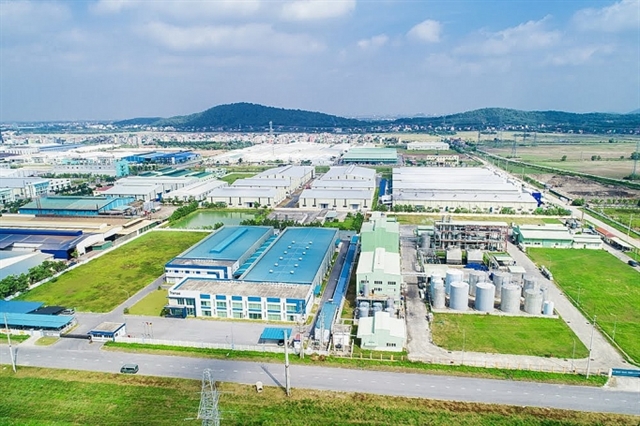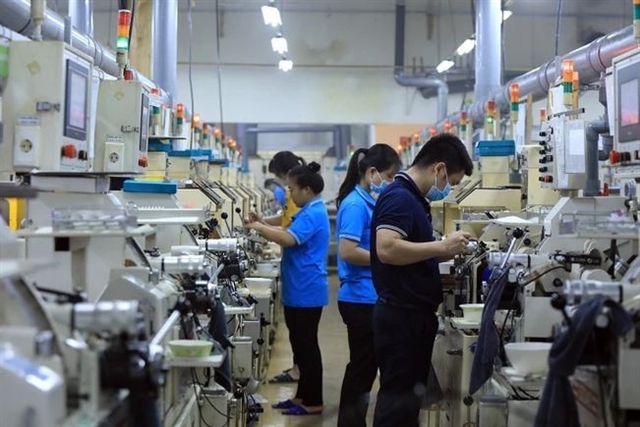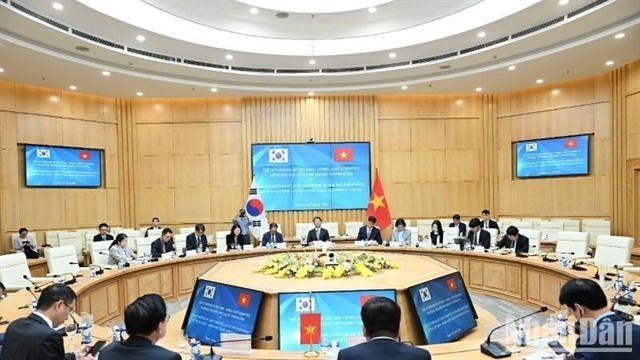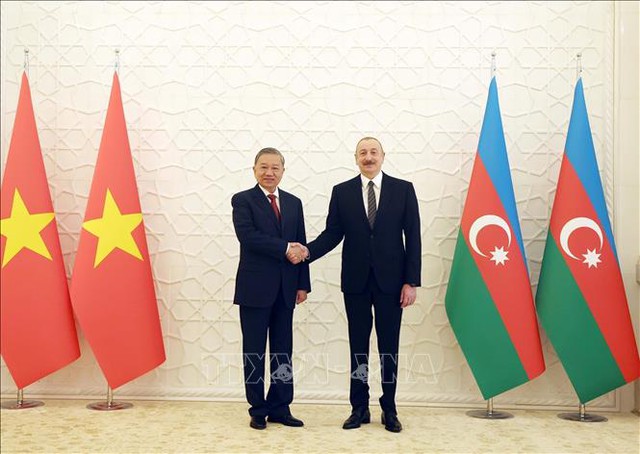 Politics & Law
Politics & Law

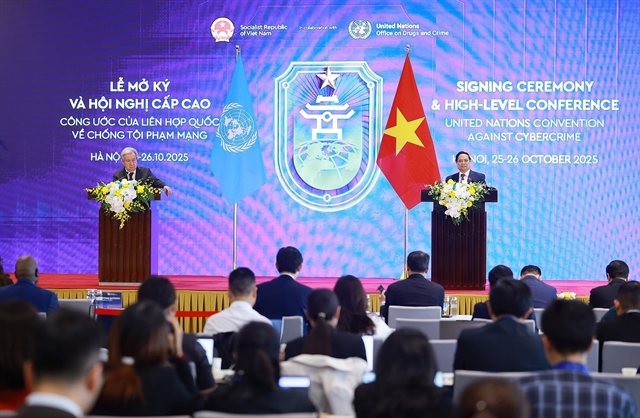 |
| Prime Minister Phạm Minh Chính and United Nations (UN) Secretary General António Guterres co-chair a press conference on the Hanoi Convention on Saturday. — VNA/VNS Photo Dương Giang |
Đinh Vũ Nhật Hồng
HÀ NỘI — Prime Minister Phạm Minh Chính and United Nations (UN) Secretary General António Guterres co-chaired a press conference on Saturday afternoon in Hà Nội, following the signing ceremony for the UN Convention against Cybercrime.
The treaty, also known as the Hanoi Convention after the signing location, saw more than 60 signatories at the event in the capital city of Việt Nam.
"It is a vital global treaty to protect people in the digital world, and the first criminal justice treaty in more than two decades," said the UN Secretary General as he spoke to the press.
“It is fitting that this is taking place here in Việt Nam – a nation that has embraced technology, powered innovation, and become an essential part of the world’s digital supply chains. Việt Nam understands both the promise of the digital age – and the dangers that come with it,” said Guterres.
Việt Nam ranks 16th globally in terms of cybersecurity, said PM Chính at the press conference. The fact that the signing of the UN Convention against Cybercrime was held in Hà Nội demonstrated the trust that the UN places in Việt Nam, as well as the development of the country and its development in cybersecurity and digital transformation, he noted.
The signing of the Hanoi Convention outside the UN Headquarters, with the participation of more than 100 countries, 65 of which have signed the Convention, showed a strong sense of responsibility toward the global and regional situation. These figures underscore the importance of the Hanoi Convention, the Vietnamese government leader stressed.
Recognising the rapid development of technology and its adverse effects, the Hanoi Convention enables law enforcement to share digital evidence across borders, which has been considered one of the biggest barriers to justice.
The treaty also establishes a 24/7 cooperation network so countries can trace funds, identify perpetrators, and recover stolen assets.
Non-consensual sharing of intimate images is recognised as a criminal offence for the first time in an international treaty.
“The convention is more than a legal instrument. It is a promise that no country – no matter the size or level of development – will be left defenceless against cybercrime,” said UN Secretary General Guterres as he stressed privacy, dignity and safety for people as well as multilateralism.
Responding to the Vietnam News Agency’s question about what the signatories should do, and how they should demonstrate political commitment to ensure the effective implementation of the Convention so that it can be fully enforced in line with the UNODC’s scheduled roadmap for 2027, the UN Secretary-General said that the most important thing is to ratify it as quickly as possible, and then to promptly establish implementation mechanisms, while ensuring the capacity and means for effective international cooperation.
Sharing the same perspective, PM Chính emphasised that cybersecurity is an issue of all people, all nations and the entire world. The adverse impacts of cybercrime can extend beyond economic sphere to mental and cultural well-being.
In this context, multilateralism, international cooperation and solidarity are crucial in the fight against cybercrime, he emphasised.
“No country and no individual can be safe if others are not secure in cyberspace,” said the Vietnamese government leader. — VNS

